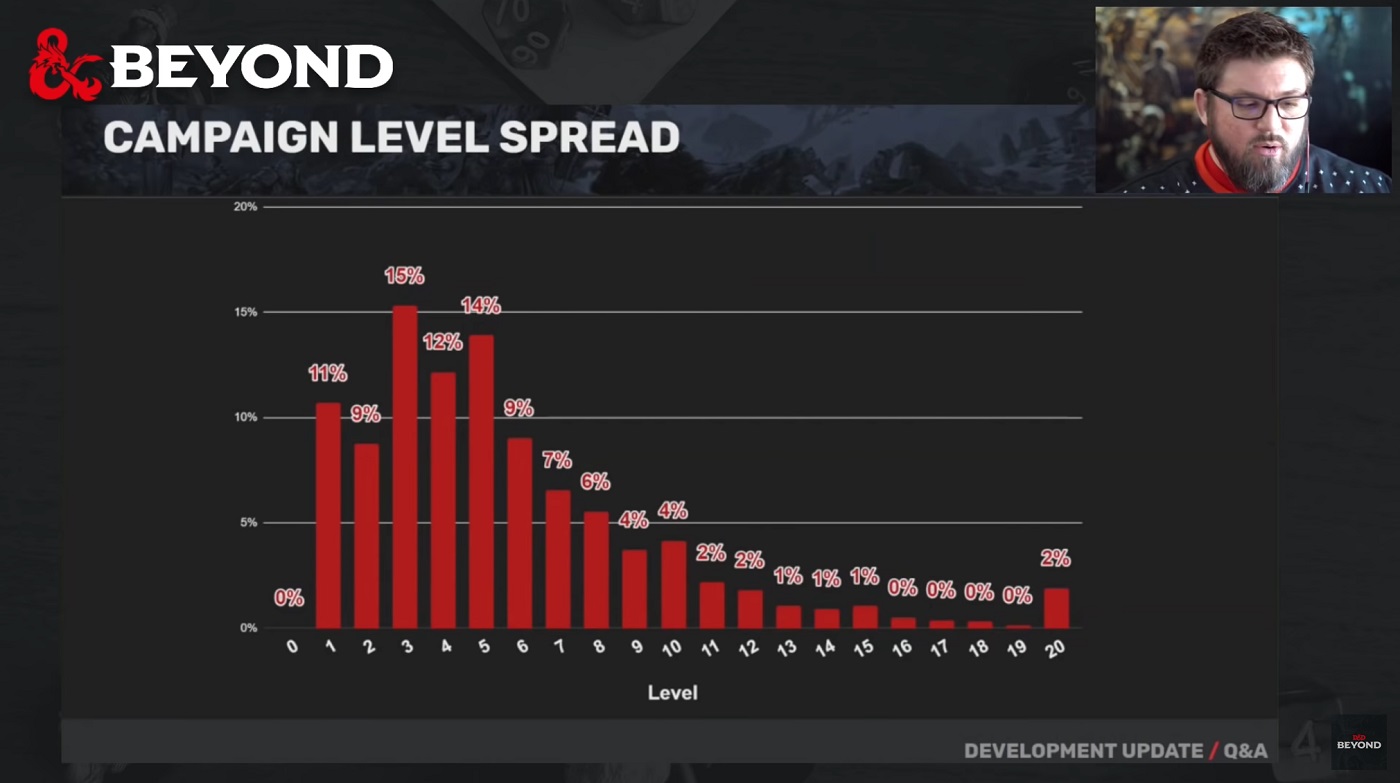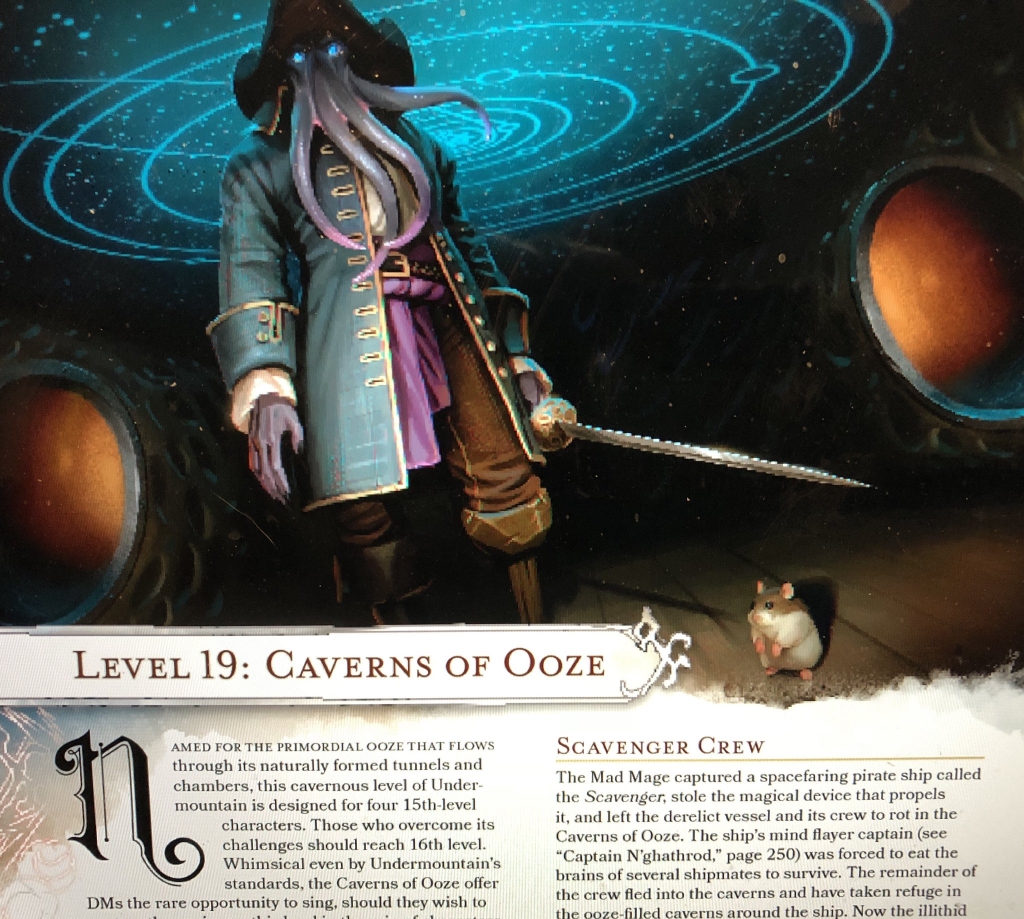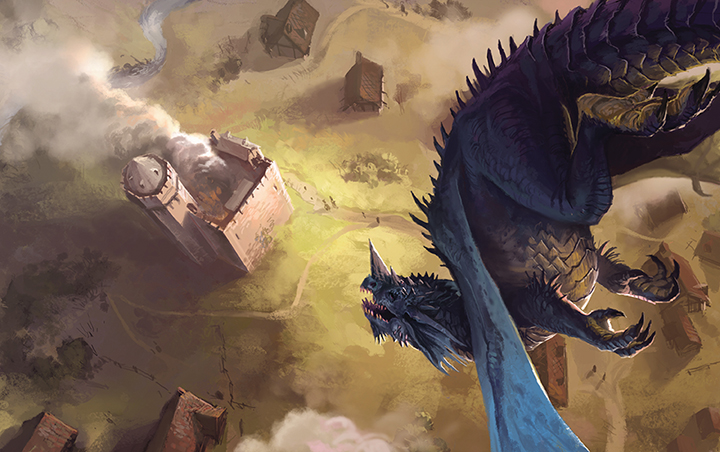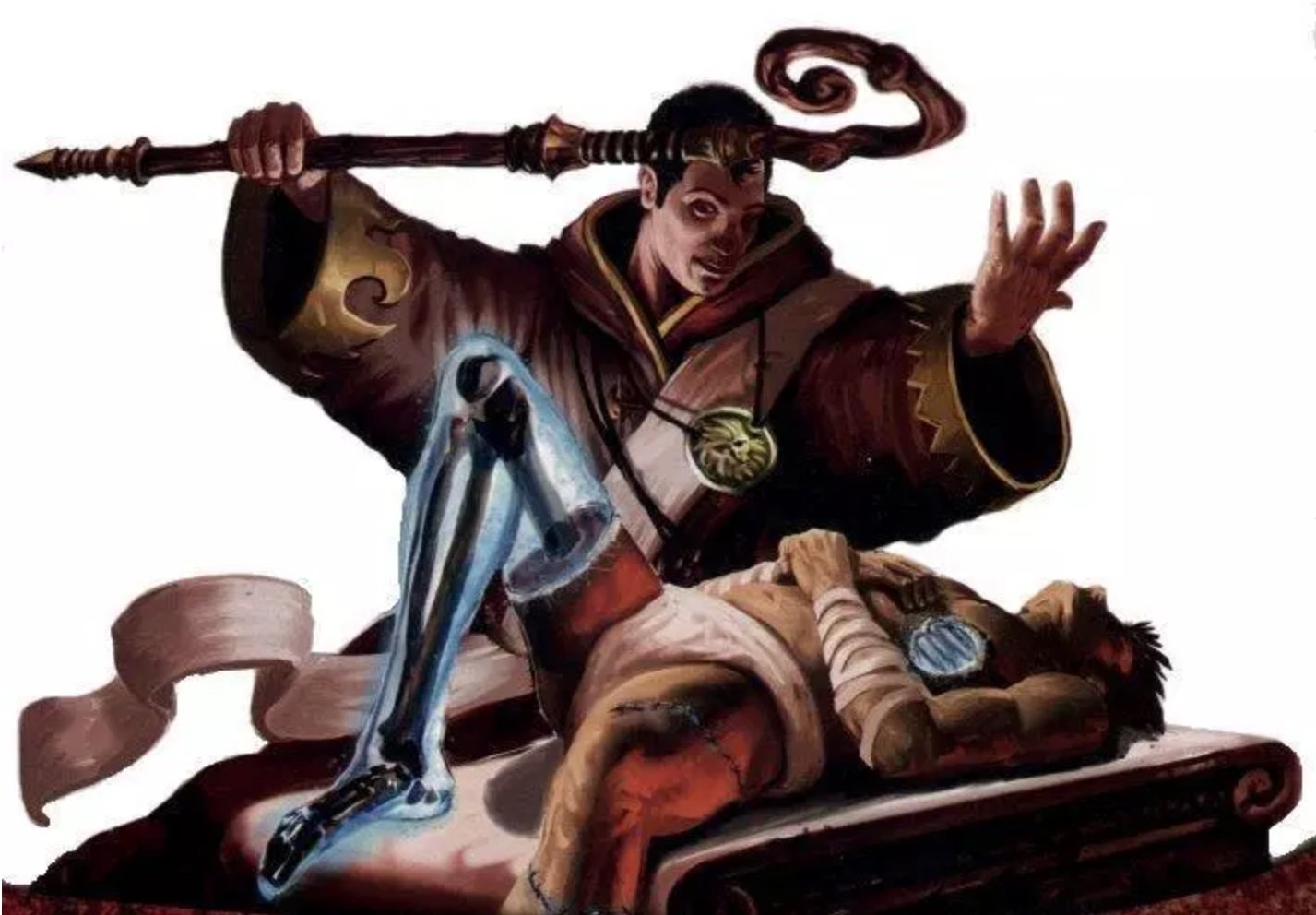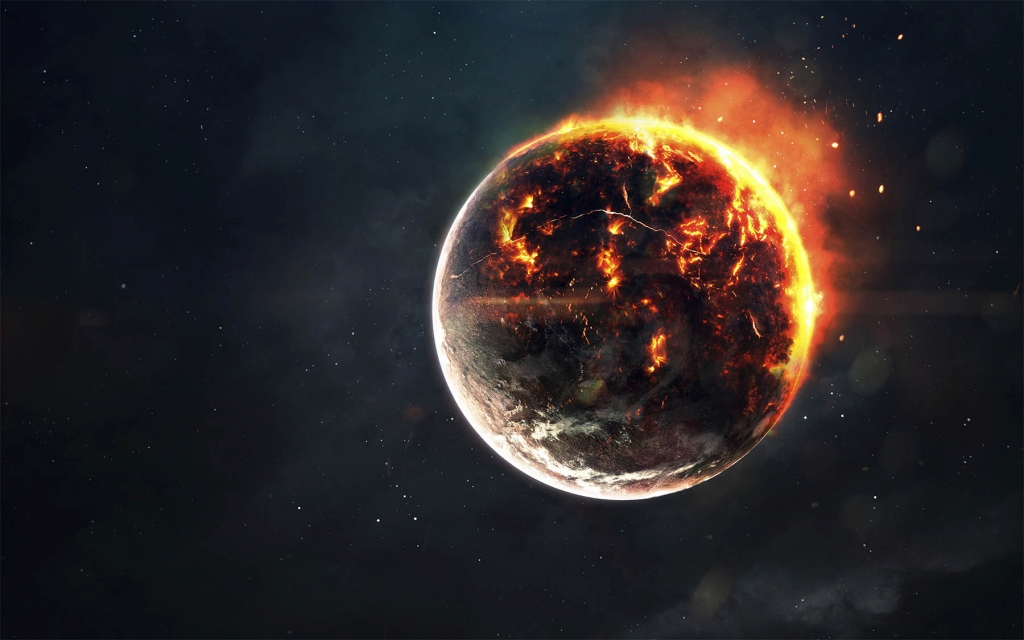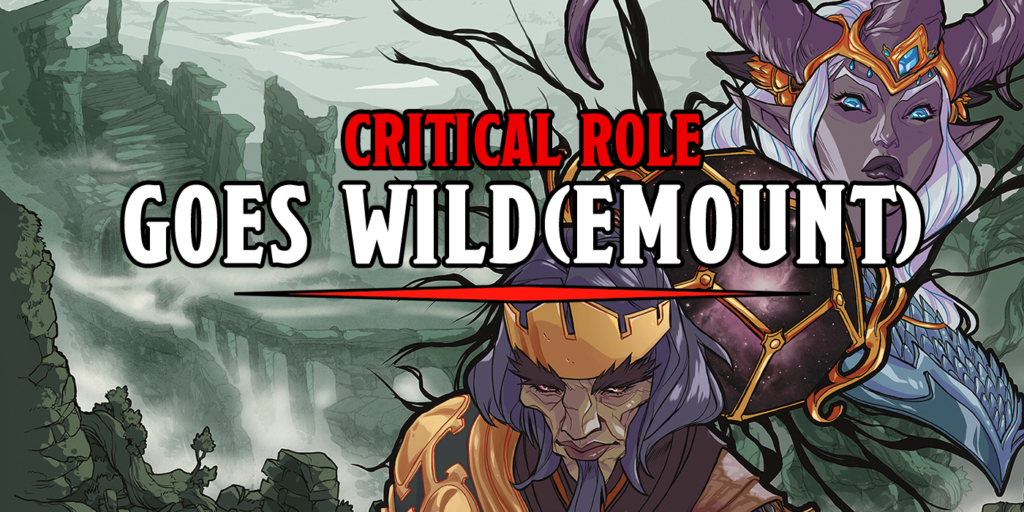D&D: Now You’re Playing With Power– 5 Tips For High-Level Play
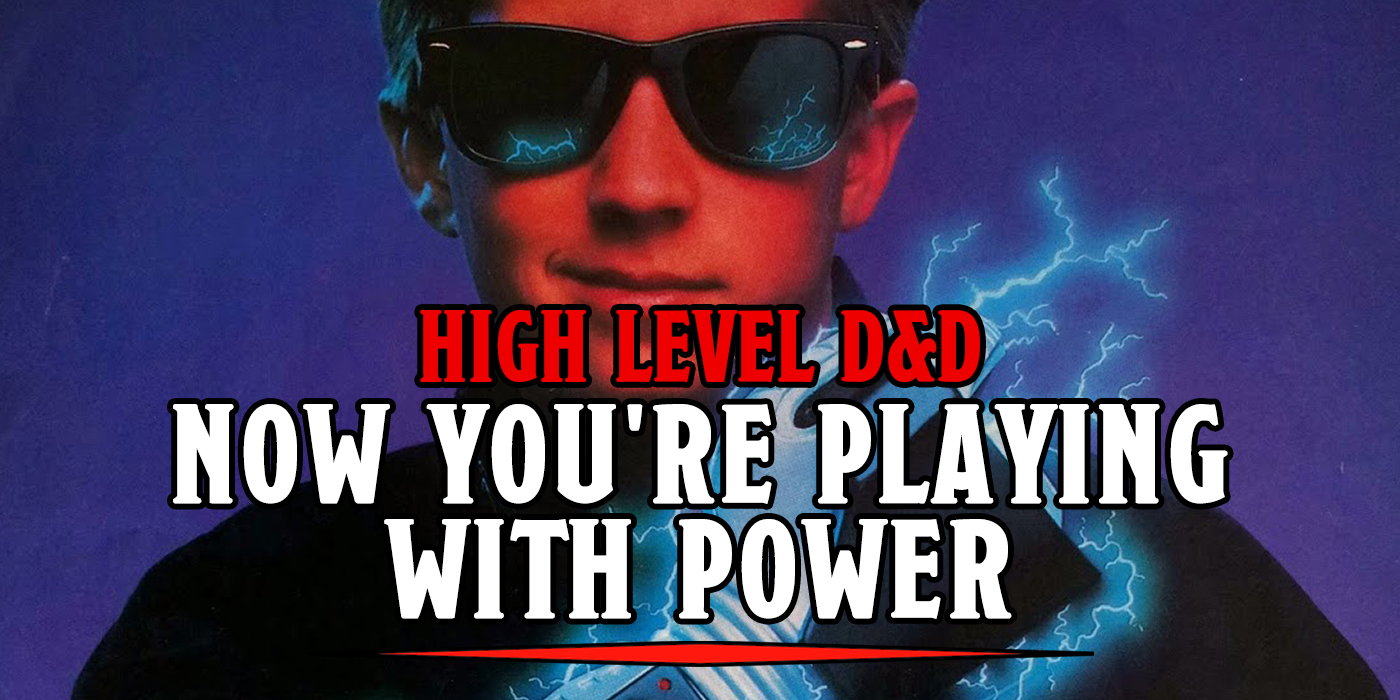

Most D&D games end before characters can reach the heights of power– but use these tips and high-level play needn’t be out of reach.
Dungeons and Dragons is a game that’s ostensibly about going on adventures. Practically, it’s a game about arguing over the rules, rolling to seduce random NPCs, running away from plot hooks, and eventually giving up and starting another campaign because this time you’re going to get it right. It’s a rare occurrence indeed that a game makes it past the tenth level. Something like 90% of all games end by the time players get there.
With a scant few percent of players reaching the highest level of games, many DMs can be caught off guard by the prospects of D&D’s high-level play. It’s a whole new skillset– and one that many argue D&D doesn’t actually support. Once you get to level 12 or so, characters start to break down the system. And where most DMs flinch, you’ll find many opportunities to shine.
Sure, you could do a lot of work with the old school Epic Level Handbook. Or, you could use these tips for playing with power. And high levels. Because it’s high level play so you need high levels to play there.
A Whole New Ballgame
High level play in D&D is its own dread beast. Once you get past level 12 your player characters have transformed from heroic mortals, into basically demigods. Once you get up to those higher levels, your characters can do things most mortals can only dream of on a daily basis.
Your players have access to tools in their toolbox that will routinely shut down problems before they have a chance to grow. Got a shapeshifter posing in disguise? Everyone’s got Trueseeing.
Is something hidden away in a remote, secret location? They’ve got magic to find it, and reach it. And sure, you can keep saying things like “the enemy has warded their fortress with anti-teleport wards so you can’t find them” but that robs them of the fun of playing with power. The most important thing to understand is that it feels amazing for players to use these abilities.
You’ll just have to plan for them to do that. Which means…
Work Work Work
If you’re a DM running a game past 10th level, I salute you. It’s a hard business at that point. If you want to make a challenging encounter, you’re looking at two or three times the standard work. And that’s because if you want your fights to be challenging.
You need to know what your players can do, you need to design encounters that give them the opportunity to use those cool abilities and spells– and then you need to figure out how you’re going to challenge them.
This could be by having villains who are tougher than your average dire bear, and have tricks of their own, but it can also mean threatening more than just the party’s HP.
This is the hardest thing to do, because it requires your players to care about more than just their own collective HP. So you’ve got your work cut out for you. Even if you just want to plan a challenging encounter, you’ll need to design fights that happen in waves or that run higher level monsters against them, so that the PCs don’t just go nova– because by the time we’re at these heights, players can end encounters two or three times without breaking a sweat.
No, Mr. Bond, I Expect You To Die And Then Come Back
Finally you should expect your game to get even less lethal than it already is. It’s hard to kill someone in 5th Edition, unless you’re the kind of DM that has opponents attack a downed foe. No judgements if you are. You probably should. It ratchets up the tension of the fight. Especially feel free to do so with higher level players. D&D high level play gets fun once characters start dying. Because, it turns out, death is barely an inconvenience for high level PCs.
At this point, characters start having abilities that prevent their death, or access to ways that circumvent mortality fairly regularly. It’s an easy thing to expect to be revivified or resurrected if you have a Cleric in the party. But even those spells notwithstanding, higher level players are exponentially more powerful than their lower level counterparts. So get ready for that.
Raise More Than Stakes
We mentioned threatening more than just the party’s HP. This is good. This is the key to challenging your PCs and getting them to care about what they do. This is something every DM should be doing, but especially you brave high-level DMs. You’ve got to learn how to apply pressure to your NPCs without relying on that one number hitting zero.
Start looking at things your antagonists can do to threaten the PCs livelihoods. Maybe someone assaults their gold stash, or takes some valuable equipment. Or perhaps threatens their reputation, and encourages certain courses of action– like not killing lest a terrible secret get out.
Sure, you can also pull the old “the world is in danger” card as well. At this point PCs are basically superheroes and demigods, so that’s not an unreasonable task. But you can only raise that bar so high before they’ve saved the multiverse– and then there’s nowhere to go from there.
High-level play in D&D requires finesse. But if your players have a lot of care in the world, there’s plenty of levers to pull to raise the old tension.
Stick That Landing
Which brings us to the other side of the high level play coin. Because whether you end on a high note, or end because your friends moved away/took up crocheting/someone decided it was a good idea to talk about politics, your campaign will end.
Unless you’re that one group who’s been playing for 30 years– but even then that’s not 30 years with the same character. So DMs, when your players get up there– start thinking about how you want to see the campaign come to a close.
If there’s one thing I’ve learned over the years, it’s that you can be forgiven so much if you get the ending right. A good ending will buy back most of your audience’s trust–a bad ending, and you have fans up in arms about Mass Effect 3. Again.
So there you have it. Tips for high level play. Hope they help!
Happy Adventuring!

